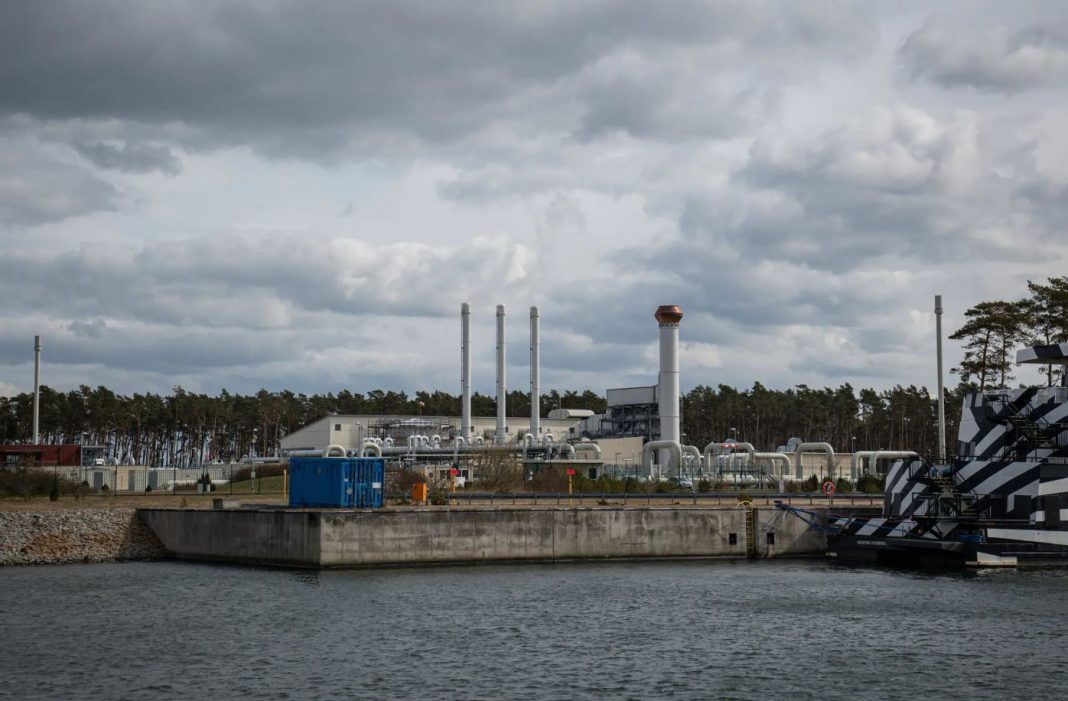The Dutch government announced on Monday that it had declared a “early warning” stage of a natural gas crisis, a move that will allow for more electric power to be generated through the burning of coal. The announcement came after Russia tightened its supply of gas to Europe, which prompted the Dutch government to take action.
The outlook for energy in Europe has become much gloomier as a direct result of Russia’s actions over the last several days, most notably the decrease of flows by around 60 percent via the Nord Stream 1 pipeline to Germany. Europe’s governments and industries are now persuaded that Moscow intends to use gas as a political weapon against the main European economies in the coming months. This belief stems from the fact that Moscow has expressed such an intention. This implies that large European states, not just a few like Bulgaria and Poland, are likely to have gas supplies reduced or stopped off, and they need to take actions to lessen their susceptibility in order to prepare for this possibility.
According to experts and officials working for the government, gas shipments have already been halted not just to Germany but also to other countries, including Italy and France. In spite of the fact that there are not yet “any severe gas shortages” in the Netherlands, the Dutch government has said that diminishing supplies “may have implications.”
Rob Jetten, the minister of energy and climate change, made the following comment in a press release: “We now observe that the overall gas supplies from Russia to Europe are fast diminishing.” Mr. Jetten said that if steps were not taken, there would be no assurance that the Netherlands or Europe as a whole would be able to fill up gas storage facilities “sufficiently in preparation for the winter.”
In preparation for the winter, when gas consumption skyrockets due to increased heating needs, the majority of European nations store up their gas inventories throughout the summer, when demand is low. It’s possible that insufficient reserves may cause prices to rise, which will in turn make Europe more susceptible to energy-related blackmail from Russia.
The Dutch government has said that it will begin taking urgent action to reduce the amount of gas that is used. Among these reforms is the easing of restrictions on coal-fired power plants until the year 2024. The government also said that it will urge individuals and companies to save gas, including by providing a financial incentive to major industrial users to cut down on their usage of the commodity.
The government of Austria said over the weekend that it would enable a gas-fired power plant to be converted into a coal-fired power plant. Over the weekend, the German government made similar moves with relation to coal.
The Dutch government is resisting some calls to increase production at the Groningen gas field, which is a major provider in the northern part of the country but which officials have planned to shut down because the extraction of the fuel causes earthquakes. The Groningen gas field is located in the province of Groningen. It would seem that the government is making an effort to maintain its options on Groningen, which are now being managed by a joint venture that is controlled by both Shell and Exxon Mobil.
The government said in a statement that it will not be closing “any wells decisively this year” due of “uncertain geopolitical events.” The administration gave this reason for their decision.

